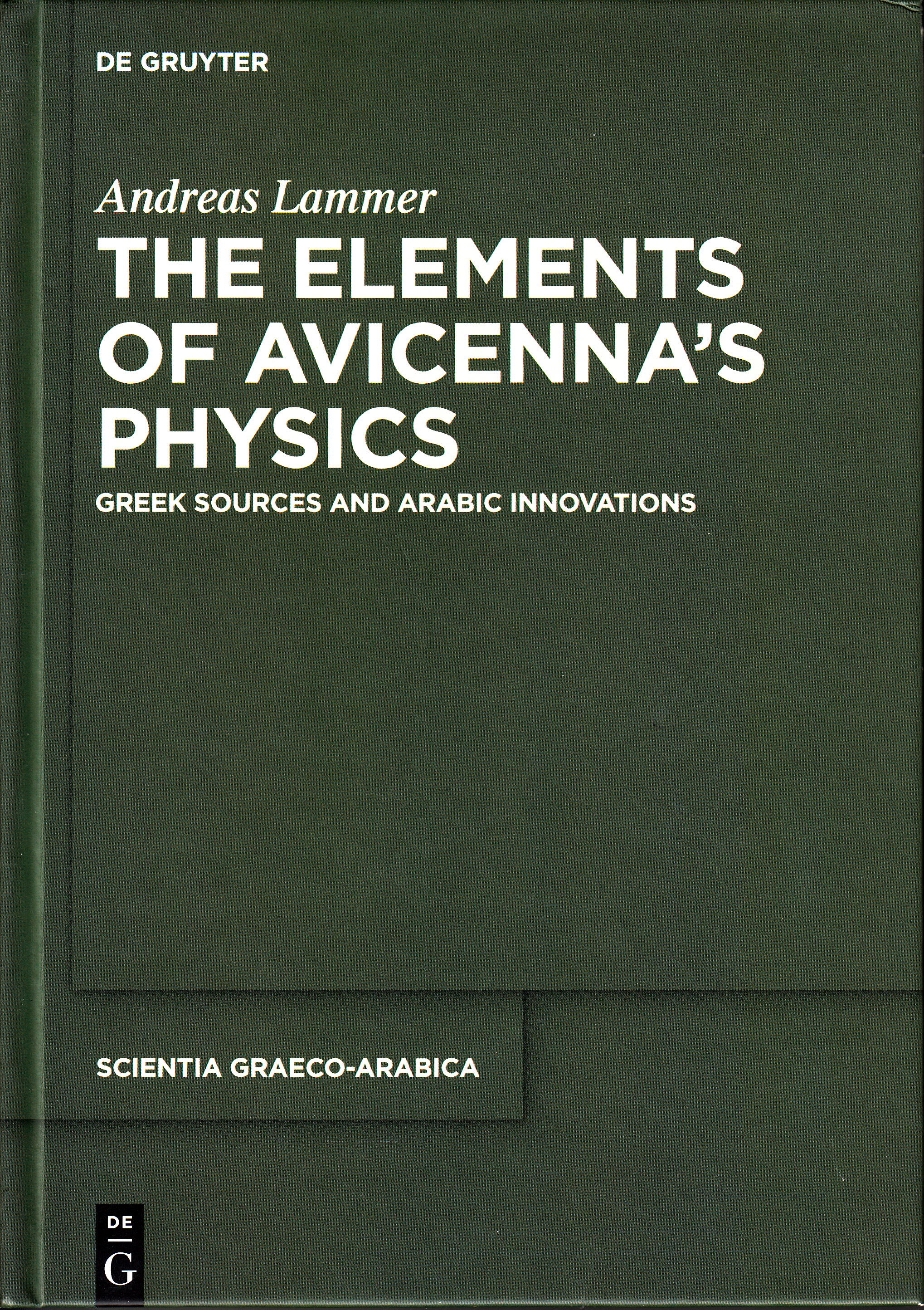
The Elements of Avicenna's Physics: Greek Sources and Arabic Innovations
By
Publisher De Gruyter
Pub Date 2017
Pub Location DE
Isbn 0
Course(s)
Description
In this monograph, Andreas Lammer investigates the central concepts of Avicenna's natural philosophy. Particular attention is given to his work al-Samāʿ al-ṭabīʿī, in which Avicenna formulated his most extensive account of physics within his main work al-Sifāʾ. His other shorter philosophical compendia – al-Ḥikma al-ʿArūḍiyya, ʿUyūn al-ḥikma, al-Hidāya, al-Naǧāt, Dānešnāme-ye ʿAlāʾī, al-Ḥikma al-mašriqiyya, and al-Išārāt wa-l-tanbīhāt – are equally considered, compared, and assessed in an attempt to provide a full and coherent picture of the foundations of Avicenna’s natural philosophy. Other sections of al-Šifāʾ – in particular al-Ilāhiyyāt, al-Samāʾ wa-l-ʿālam, al-Kawn wa-l-fasād, al-Burhān, and al-Maqūlāt – are consulted throughout to corroborate and contextualise the interpretations. Additionally, the historical background of the preceding Greek and Arabic traditions is outlined and investigated, in order to provide an adequate picture of the philosophical developments within centuries full of investigation and, above all, commentary on Aristotle’s Physics, whose centrality and dominance Avicenna’s new synthesis effectively replaced.
On the whole, this study effectively demonstrates the resourcefulness of Avicenna’s writings, the abundance of material contained in his works, and the diligence in his argumentation, thus providing an affirmative answer to the central question whether Avicenna’s natural philosophy is as rich and innovative as his logic and his metaphysics already proved to be. The overall methodical aim of this study is to understand Avicenna through a careful analysis of the text of his works as well as through an investigation of the preceding philosophical developments. This monograph successfully puts Avicenna’s philosophy in its historical context of the Aristotelian tradition, while at the same time positioning his natural philosophy within its systematic context of his own philosophy.
|